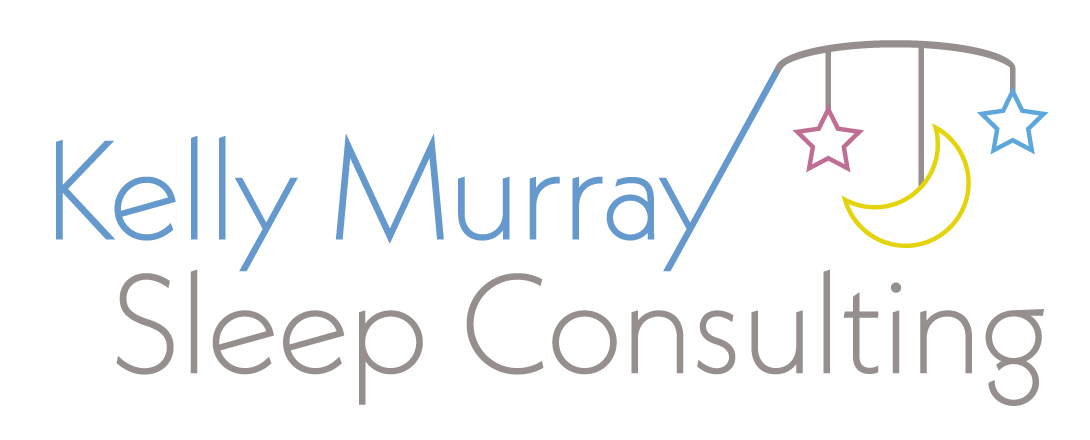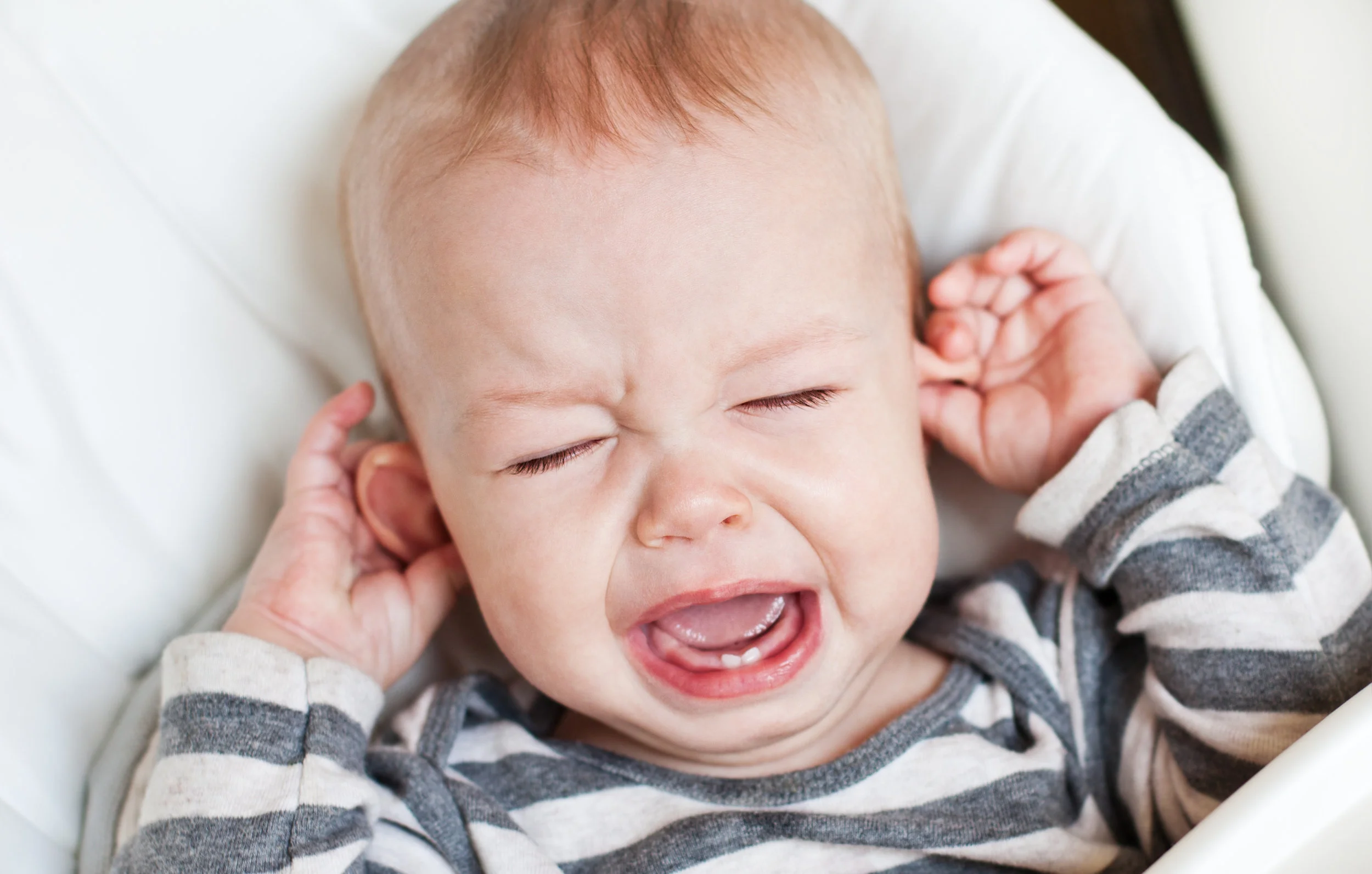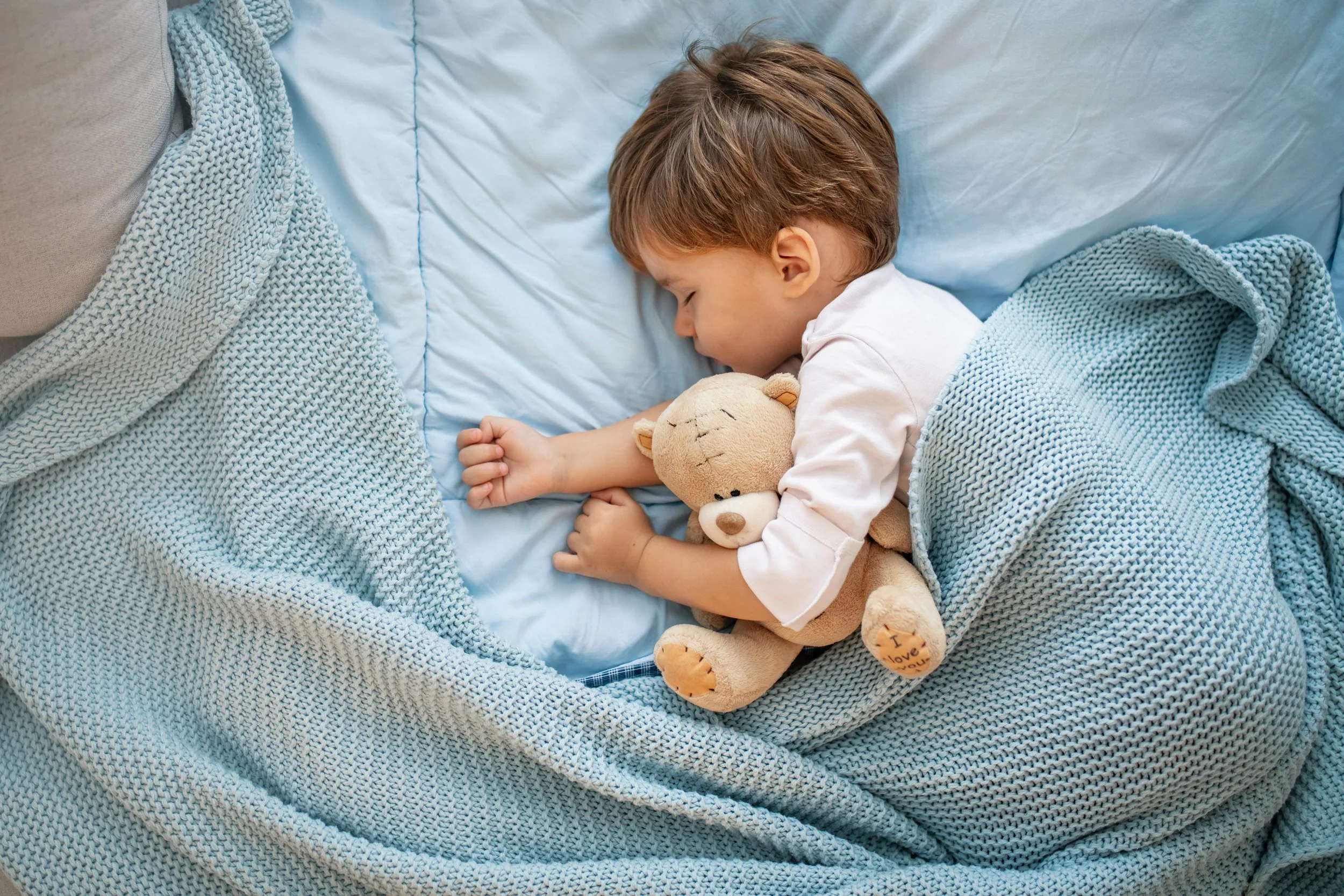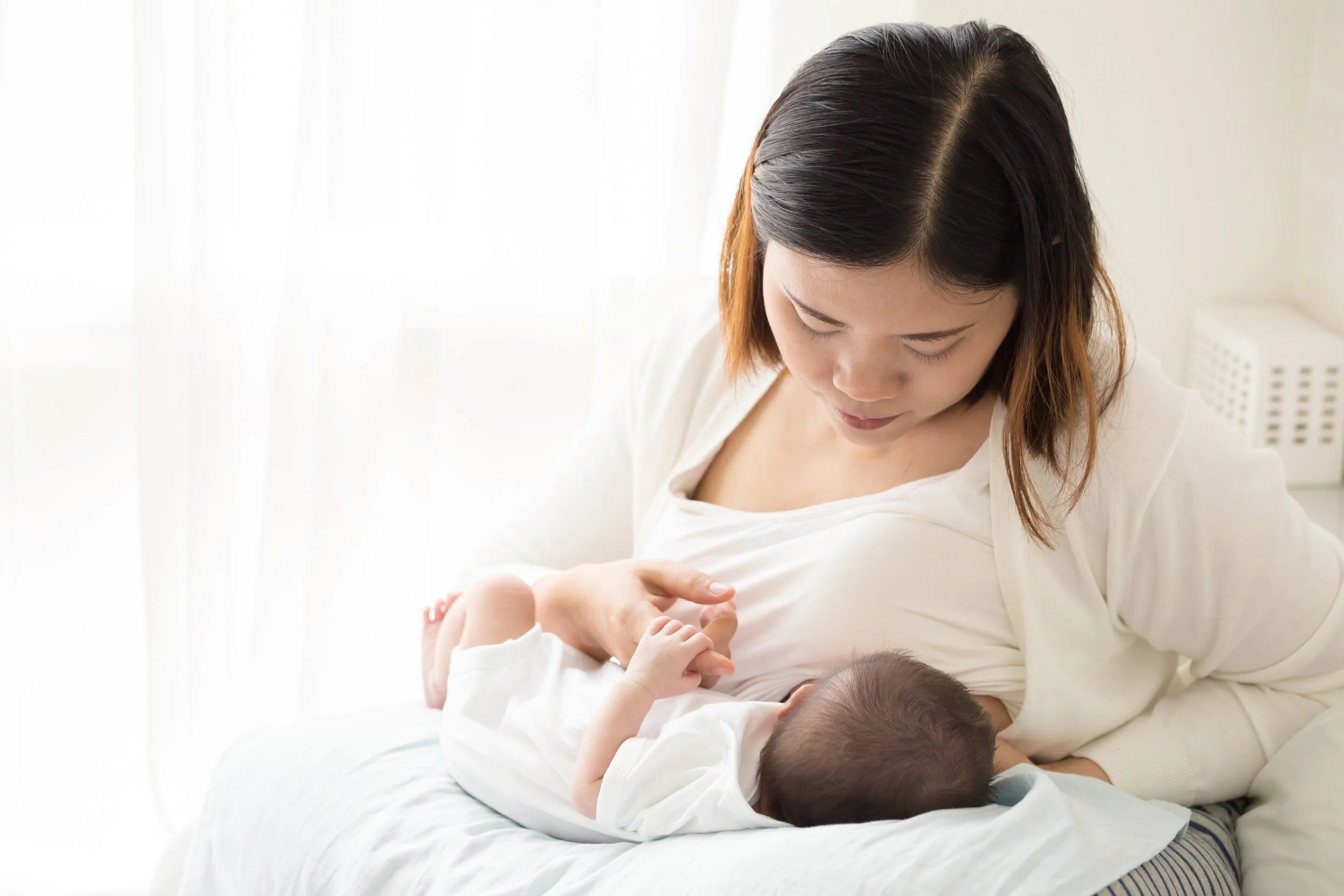As a Pediatric Sleep Consultant, one of the most common questions I receive from parents is, "how much will my baby cry during sleep training?" I wish that I had a crystal ball that would allow me to answer this question as it would make it a lot easier for parents to decide if they would be able to commit to a sleep program. Unfortunately, the amount of crying is hard to predict. It depends on many factors, including: the baby's temperament, level of sleep deprivation, and if sleep training has been attempted in the past.
I completely understand why parents are concerned about the amount of crying their baby will experience during sleep training. I had the same concerns when I was a new parent. In fact, it is ironic that I am Sleep Consultant as I was once under the impression that crying caused neurological damage and would hurt the attachment I had with my children. I would become furious at my family members or caregivers if they didn't immediately attend to my babies' cries (Aunt Debbie, if you are reading this, I am sorry).
Thankfully, my pediatrician set the record straight by helping me understand the research on the effects of crying in infants. And, since becoming a Certified Pediatric Sleep Consultant, I have become even more educated on the topic and want to share what I have learned with you so that you can become better informed and decide if sleep training is right for your family.
There is a ton of misleading information about claims that if you don't attend to your child when he or she cries, you could be causing him harm. Up until the early 1990s, the practice of letting a baby cry for a reasonable amount of time before he fell asleep and when he woke in the middle of the night had been a common parenting practice. It didn't become a point of contention until The Baby Book by Dr. Sears introduced the concept of Attachment Parenting (AP) which warns against sleep training as it is argued that crying that takes place causes brain damage and trust issues.
I understand entirely why reading that claim would frighten parents as it scared me too. And, for a good reason, supporters of AP will often cite scientific studies to back up their theories. However, if you take a closer look at the research they use to support their views, it does not fully support their hypothesis.
The data that proponents of AP most commonly cite is gleaned from studies of babies that were subjected to chronic neglect or abuse or raised in orphanages and lacked attachment figures. which does correlate to love and affection that the average child receives (especially a child whose parents care enough to sleep train in the first place).
In fact, the Yale researchers who conducted one of the studies cited in The Baby Book responded to Sears use of their work by saying, "Our paper is not referring to routine, brief stressful experiences, but to abuse and neglect. It is a mis-citation of our work to support a non-scientifically justified idea."
Just to clarify, I am by no way trying to bash AP, I am a big proponent of the vast majority of practices the method encourages such as breastfeeding, babywearing, and positive discipline. I just respectfully disagree on the stance regarding sleep training, especially since it isn't backed by strong data and discourages parents from addressing sleep issues that are in most cases, adversely impacting their entire family's mental, physical and emotional health and well-being.
By now, you are probably wondering if there is research to support that sleep training is indeed safe. The good news is that there is a wealth of data to support the safety of sleep training. Here are just a few:
In 2012, Dr. Anna Price, a postdoctoral researcher at the Royal Children's Hospital's Centre for Community Child Health in Melbourne, Australia, conducted an extensive study that followed a group of two hundred and twenty six children. Measuring mental health, sleep, stress regulation, child-parent relationship, maternal health and parenting styles, she concluded that "Behavioral sleep techniques have no marked long-lasting effects (positive or negative). Parents and health professionals can confidently use these techniques to reduce the short- to medium-term burden of infant sleep problems and maternal depression.'”
Five years later, Dr. Price followed up with the families to see if the children whose parents had employed some method of sleep training had experienced any of the adverse side effects. Once again, sleep training was not proven harmful. In fact, to quote the study, "There was no evidence of differences between intervention and control families for any outcome. Behavioral sleep techniques have no marked long-lasting effects."
In June of 2016, Pediatrics published another peer-reviewed study that showed sleep training to be both effective and safe. The investigator concluded that "both graduated extinction and bedtime fading provide significant sleep benefits above control, yet convey no adverse stress responses or long-term effects on parent-child attachment or child emotions and behavior."
In a study out of New Zealand, cortisol (stress hormone) levels were measured in 25 babies (4 to 10 months old) before and after sleep training. During this study, the participating mothers and infants spent 5 days at a residential facility to participate in extinction sleep training (aka, CIO - babies were left to cry without any reassurance). On night one of sleep training, all babies experienced at least two periods of crying for 5-10 minutes before they fell asleep. By night three, the babies all fell asleep with minimal fuss. The investigators measured the cortisol levels in infants before the bedtime routine started, and after they fell asleep. On both nights, the babies' cortisol levels remained stable between the bedtime routine and falling asleep after CIO.
At the end of the day, whether or not to sleep train is a personal decision. If you decide that it is right for your family, you can be rest assured that your baby will not be harmed by crying. Uninterrupted healthy sleep itself is rejuvenating and beneficial to you, your baby, and your entire family. Focusing on your child's sleep habits is something you can feel good about and a commitment that will pay off exponentially in many years to come.
Although CIO has been proven to cause no harm, it isn't something you need to resort to if you aren't comfortable with your child crying unattended. My method allows you to provide your child with comfort and reassurance to help minimize the crying as he is learning to sleep independently. And, it is very effective! I find that within a week of starting a sleep program, the crying has dramatically subsided, and most babies are falling asleep on their own with ease and sleeping through the night without waking. Not to mention, the entire family is feeling happier and healthier.
If you are interested in learning more so that you can determine if my method of sleep training is right for your family, just click here to schedule a complimentary 15-minute discovery call.




